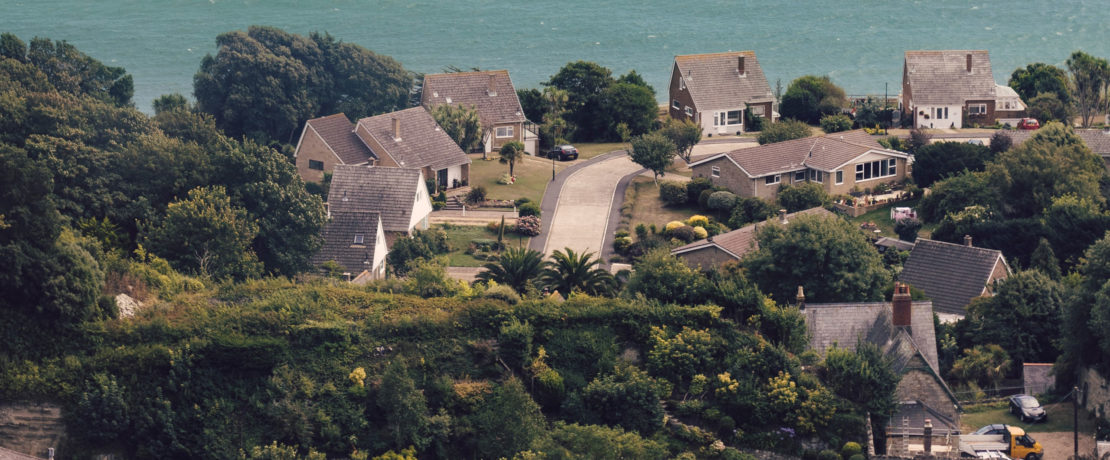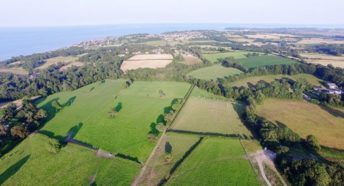CPRE opposes government’s housing proposals for the island
‘It’s a potential disaster’ – CPRE Isle of Wight joins the fight against government proposals to build 1045 new houses on the island.
CPRE Isle of Wight responds to the government’s Planning for the Future white paper.
The controversial new proposals from central government will build 1045 new houses every year on the island, compared to the 348 homes delivered on average over the last three years. The plans have already attracted criticism from the Isle of Wight Council and the island’s MP Bob Seely.
CPRE Isle of Wight chairman Al Haig-Thomas said:
- The government’s proposed planning reforms represent a potential disaster for the Isle of Wight. In removing local democracy from the planning system, both individuals as well as councils are set to lose their right to object to specific developments.
- Planning should be both local and democratic, and voices such as the hundreds objecting to the destruction of Westridge Farm must be heard.
- Given both our unique Island infrastructure constraints as well as the nature of our externally driven housing demand, we’ve long argued that top down targets are not suitable for the Island.
- The new proposed method of calculating housing need continues to fail to account for the Island’s housing demand being driven almost exclusively from people looking to move here to take advantage of our already lower house prices.
- By setting unrealistic targets that can’t be met, it’s likely the supply of more affordable town centre units most demanded by young Islanders will actually be reduced, as developers are able to cherry pick only the most profitable greenfield developments under the Government’s presumption in favour of development
“We’re delighted to support Mr Seely who is standing up for the Island against the proposed reforms, and welcome the council’s intention to join him in seeking an exception from national planning policy.”
Main issues of concern
CPRE Isle of Wight believes:
- Removing the right of councils, individuals, and other groups to object to specific developments is fundamentally undemocratic and wrong. It is unrealistic to expect all individuals to become planning inspectors and scrutinise an entire local plan years in advance of a planning application being brought forward.
- The proposed 1,045 new houses each year on the Island is an unsuitable and unrealistic target.
- The standard method proposed in the white paper fails to differentiate between local and national housing demand, and is fundamentally undemocratic.
- Affordability as justification for increasing house supply is misplaced. It is too simplistic to base affordability multipliers purely on local incomes.
- These reforms will fail to deliver for young Islanders, instead serving only to bolster profits of greenfield developers.






